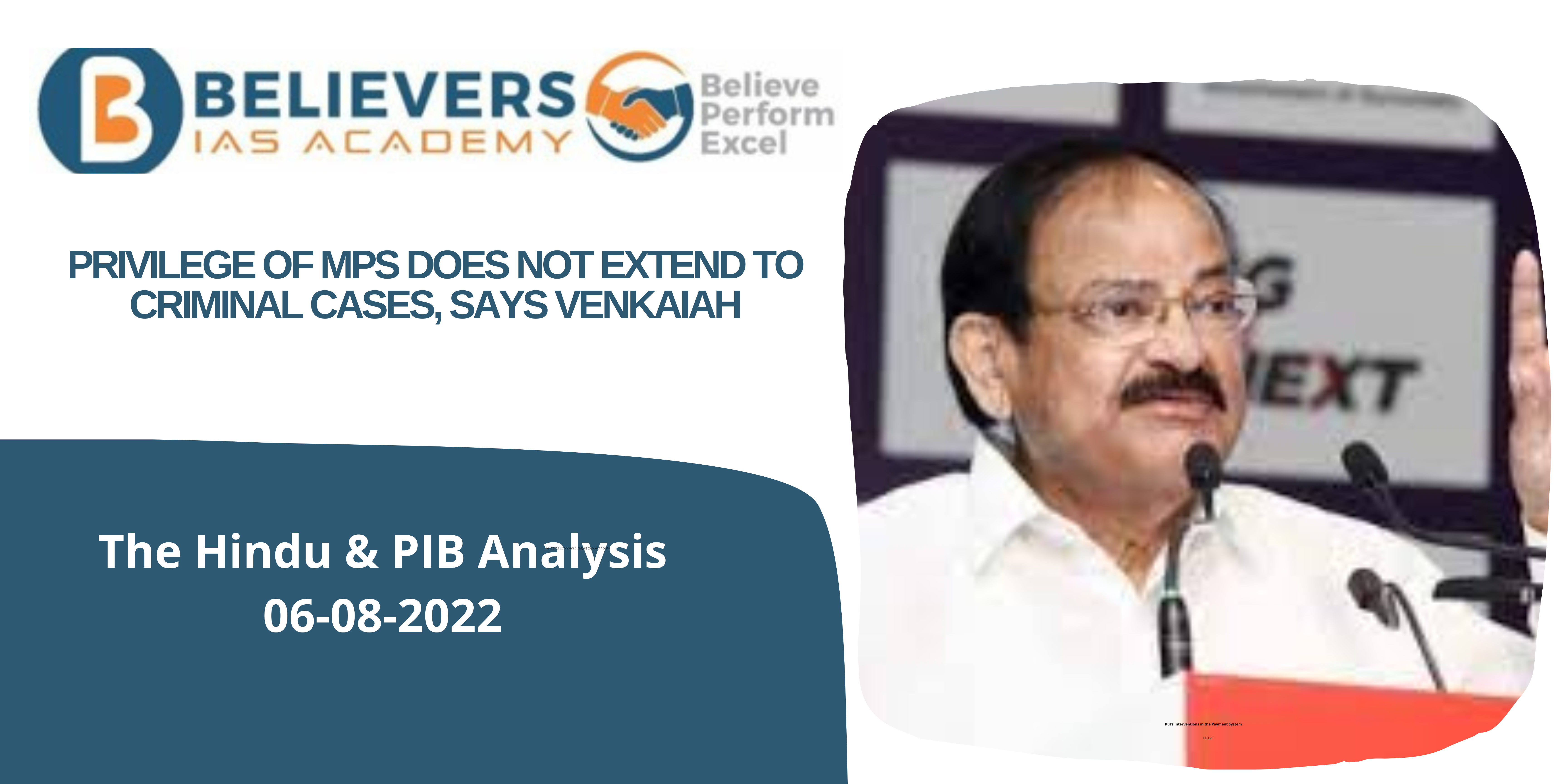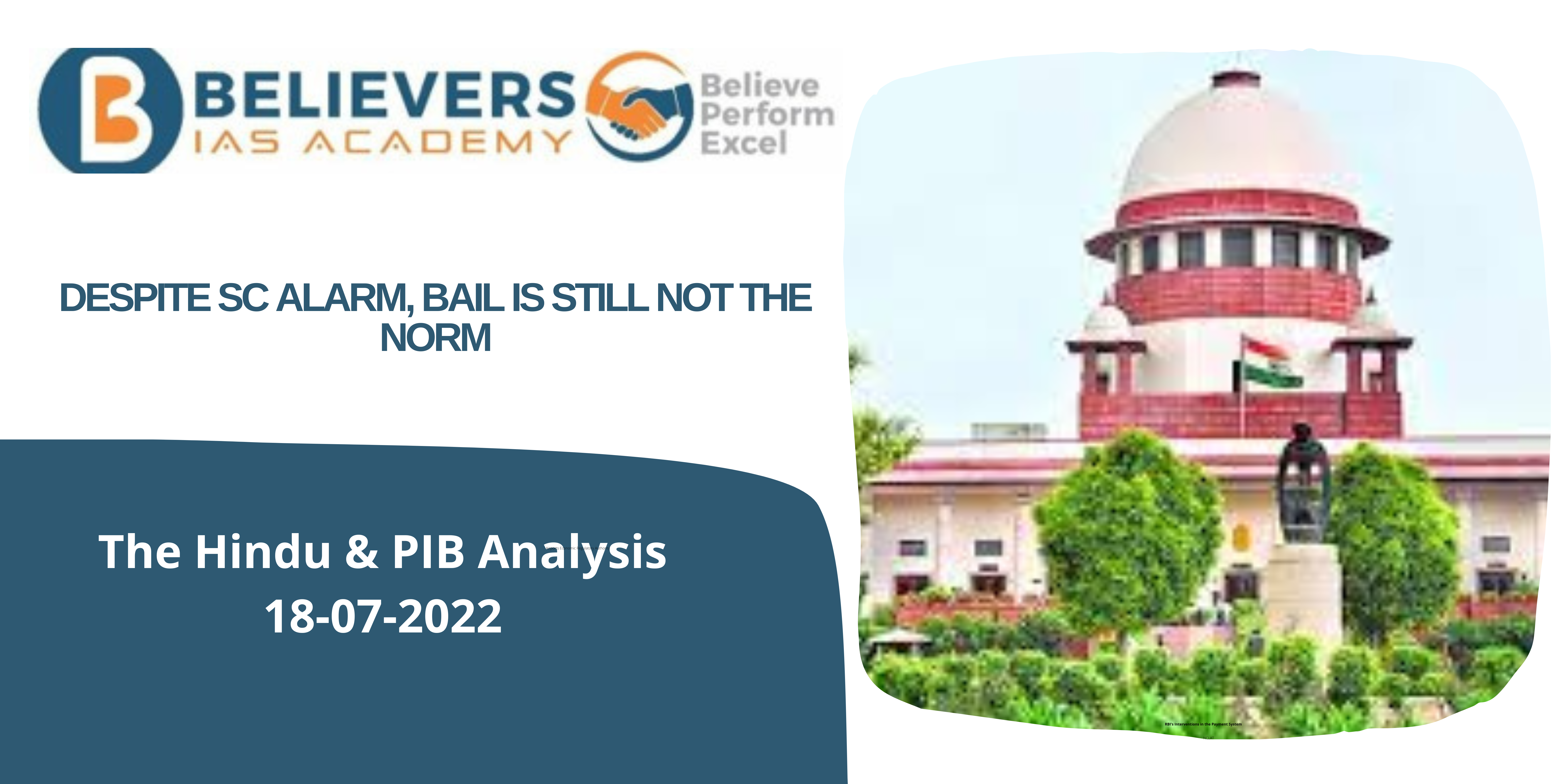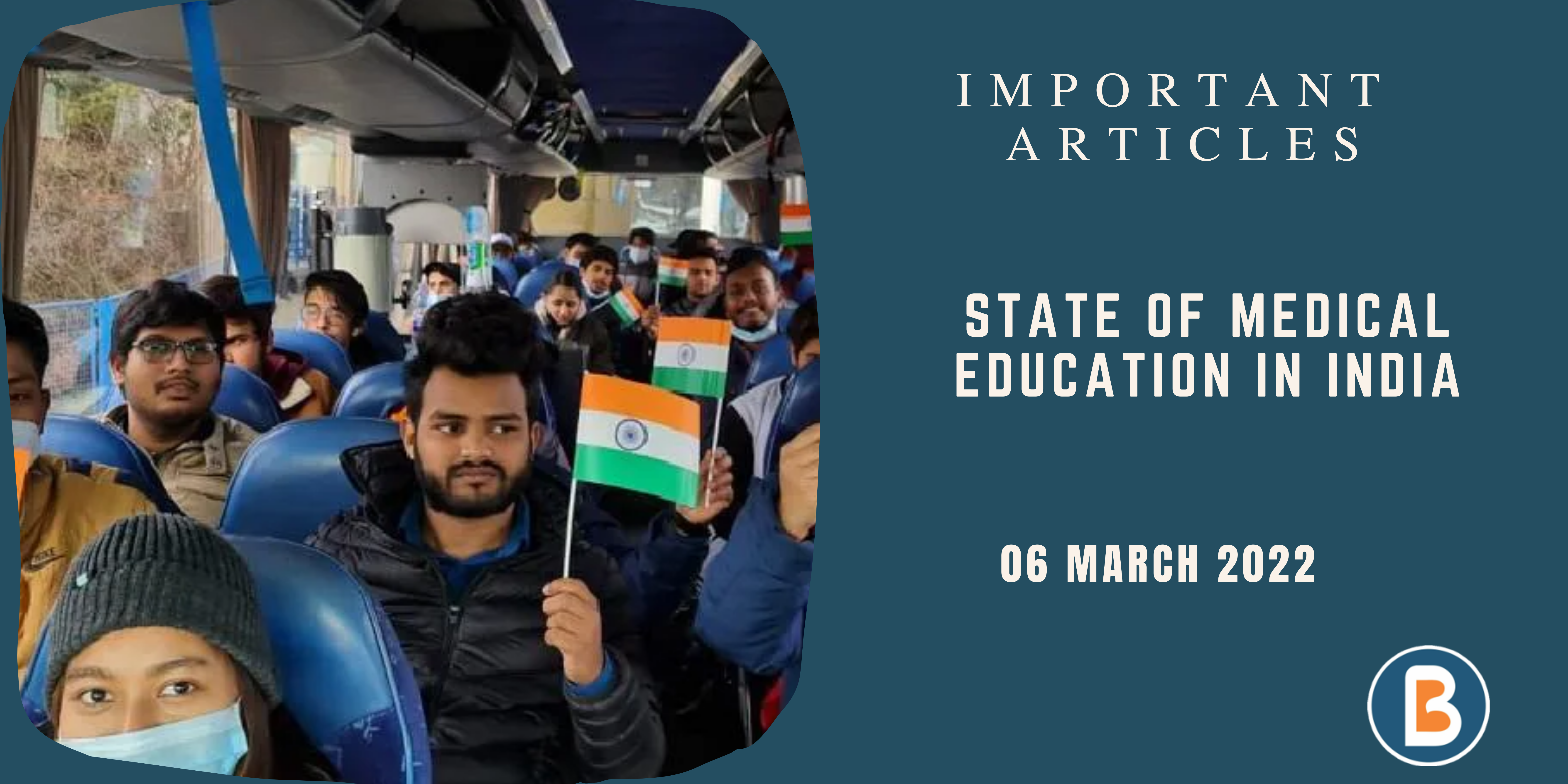Privilege of MPs does not extend to criminal cases, says Venkaiah
For Prelims
What are Parliamentary Privileges?
- Parliamentary privileges are special rights and immunities enjoyed by members of Parliament, individually and collectively, so that they can “effectively discharge their functions”.
- Article 105 grants the following privileges to a member of parliament
- Subject to the provisions of this constitution and the rules and standing orders regulating the procedure of Parliament, there shall be freedom of speech in Parliament
- No member of Parliament shall be liable to any proceedings in any court in respect of anything said or any vote given by him in Parliament or any committee thereof, and no person shall be so liable in respect of the publication by or under the authority of either House of Parliament of any report, paper, votes or proceedings
- In other respects, the powers, privileges and immunities of each House of Parliament, and of the members and the committees of each House, shall be such as may from time to time be defined by Parliament by law, and, until so defined shall be those of that House and of its members and committees immediately before the coming into force of Section 15 of the Constitution (Forty fourth Amendment) Act 1978
Article 194 gives similar protection to the members of state legislative assemblies
- Since these privileges have not yet been codified, MPs enjoy unlimited freedom of speech within the halls of the parliament
The other privileges of MPs
Freedom from Arrest:
- No member shall be arrested in a civil case 40 days before and after the adjournment of the House and also when the House is in session.
- It also means that no member can be arrested within the precincts of the Parliament without the permission of the Presiding Officer of the House which he/she belongs to.
Freedom from Attendance as Witnesses:
- The members of Parliament/ assemblies cannot be forced to appear as witnesses during their term of office.
The privileges enjoyed by the house collectively
- Right to Publish Debates and Proceedings:
- The proceedings of the house can be published or denied to be published as decided by the Indian parliament.
Right to exclude strangers:
- The Indian parliament has a right to exclude strangers from its proceedings. They can disallow even media’s presence within the house.
Right to Punish Members and Outsiders:
- Parliament/Assembly has been given punitive powers to punish those who are judged guilty of contempt of the House. It can even punish ministers for breach of privilege.
- Dr. Zakir Hussain in1966 said that, “Members of Parliament do enjoy certain privileges so that they can perform their duties. One such privilege is freedom from arrest when Parliament is in session. This privilege of freedom from arrest is limited only to civil cases and has not been allowed to interfere in the administration of criminal proceedings.”
Source The Hindu
For more updates, Click Here




